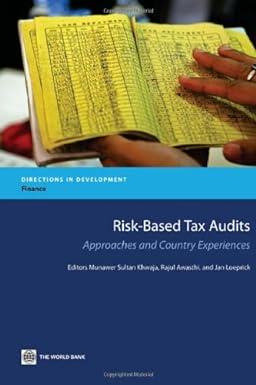Comparative financial statements for Weller Corporation, a merchandising company, for the year ending December 31 appear below. The company did not issue any new common stock during the year. A total of 600,000 shares of common stock were outstanding. The interest rate on the bond payable was 10%, the income tax rate was 40%, and the dividend per share of common stock was $0.75 last year and $0.40 this year. The market value of the company's common stock at the end of this year was $25. All of the company's sales are on account. Total liabilities and stockholders' equity $77,221$68,938 Required: Compute the following financial data for this year: 1. Accounts recelvable turnover. (Assume that all sales are on account.) (Round your answer to 2 decimal places.) 2. Average collection period. (Use 365 days in a year. Round your intermediate calculations and final answer to 2 decima places.) 3. Inventory turnover. (Round your answer to 2 decimal places.) 4. Average sale period. (Use 365 days in a year. Round your intermediate calculations and final answer to 2 decimal places.) 5. Operating cycle. (Round your intermediate calculations and final answer to 2 decimal places.) 6. Total asset turnover. (Round your answer to 2 decimal places.) Comparative financial statements for Weller Corporation, a merchandising company, for the year ending December 31 appear below. The company did not issue any new common stock during the year. A total of 600,000 shares of common stock were outstanding. The interest rate on the bond payable was 10%, the income tax rate was 40%, and the dividend per share of common stock was $0.75 last year and $0.40 this year. The market value of the company's common stock at the end of this year was $25. All of the company's sales are on account. Total liabilities and stockholders' equity $77,221$68,938 Required: Compute the following financial data for this year: 1. Accounts recelvable turnover. (Assume that all sales are on account.) (Round your answer to 2 decimal places.) 2. Average collection period. (Use 365 days in a year. Round your intermediate calculations and final answer to 2 decima places.) 3. Inventory turnover. (Round your answer to 2 decimal places.) 4. Average sale period. (Use 365 days in a year. Round your intermediate calculations and final answer to 2 decimal places.) 5. Operating cycle. (Round your intermediate calculations and final answer to 2 decimal places.) 6. Total asset turnover. (Round your answer to 2 decimal places.)








